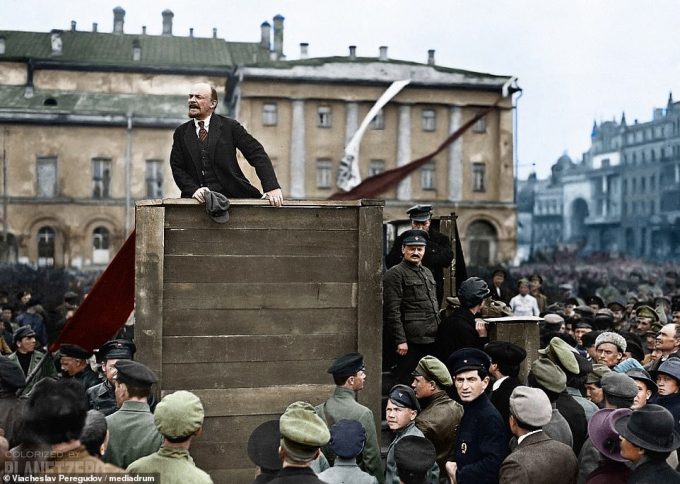The Roma/Gypsy community are by far the most persecuted group in Europe. This is why I am making a case for Roma and Gypsy Lives Matter (RGLM). If we are looking for true equality and support for minority groups, why does this not make sense? The Romani in case people reading this don’t know or care (in which case proves my point) are an Indo-Aryan Ethnic group, who have been persecuted for many centuries and are considered the most intolerable group as recorded in several studies.
A survey in 2015 was conducted by YouGov.com in; Denmark, Finland, France, Britain, Germany, Norway and Sweden. In each nation this minority group garnered the most negative impressions. As an example, in Britain, a question asking “which group do people have the most negative impressions of”; Roma Gypsies scored 58%, Muslims 40%, gay people 9%, Black 8% and Jews 7%. Now, given recent high profile campaigns from Black Lives Matter and the weaponisation of anti-Semitism within the Labour Party (UK), you would be forgiven to display a certain amount of shock regarding the result. Especially given how the media have pushed the plight of both of these groups incessantly over the last few years.
It would seem that minority groups, therefore, do matter, but only certain ones or at the very least there is a pecking order. If at this point you are tempted to suggest that Romani/Gypsies lack power due to small numbers, it is worth noting in Britain that there are approximately 225,000 in the UK, which is a little less than the Jewish community (290,000). So, is it possible we have a ranking system that generally favours groups who possess power in the upper reaches of the establishment or who can manufacture enough political pressure to mobilise the ruling elite into supporting them? Maybe, people really don’t like Romani/Gypsies as discovered in the survey. But isn’t that racist? Or is that a term only reserved for the protection of certain groups?
I’m sure people will be quick to state that racism currently being protested has occurred for many years among black people and this is indeed true. Equally Romani/Gypsies were widely enslaved in what is now called modern day Romania in the 13th and 14th century. They were also persecuted by both the Mongols and the Ottoman empire. In 1749, Spain conducted “The Great Roundup of Romani (Gitanos)” in the region. Later in the 19th century Romani were forbidden on a racial basis to go outside of Europe, primarily into the English speaking world.
In both Austria and Spain, Romani were forced to assimilate, while surrendering large parts of their culture, primarily horse and carts (Austria) and their language (Spain). Also in Spain, Romani men were sent to separate workhouses, while their children were transported into orphanages. This type of forced assimilation also occurred in countries such as Norway, who took 1,500 children from their parents in the early 20th century.

In more recent history, in 1935 Nazi Germany stripped Romani people of their German citizenship. They were imprisoned in concentration camps and many later exterminated. This genocide was supported also by allies of the Nazis such as; Croatia, Romania and Hungary. Numbers are hard to ascertain, but figures are generally thought to be between 200,000-500,000, but could be as high as 1.5 million people. This is what Romani call “Porajmos“, which means devouring and was part of Nazi Germany’s ethnic cleansing campaign.
In the contemporary world, Romani are associated with poverty and accused of high rates of crime, while perceived by others as antisocial and inappropriate. In Eastern Europe some children still have to attend separate Roma schools which places them at an academic disadvantage. In Kosovo following the war, Romani people have been practically wiped out by ethnic Albanians. Furthermore, as late as 1973 Czechoslovakia carried out a terrible program of sterilisation of Romani women which continued until 1989.
The list of oppression is a long one, but the point is, when we are looking at group oppression certain ones get widespread recognition and others clearly don’t. This is a tricky game to play, unless you don’t truly care about equality, in which case you are free to pick the groups that you find palatable. Or maybe you support a group that you think will get you more likes or follows on social media. Which again smacks of racism.
Wouldn’t it be easier if we just treated all people with respect. Or as Dr Martin Luther King Jr more eloquently said;

Sadly, even the words of one of the most important human beings in history does not seem to pass the purity test in the minds of many of these so called anti-racists. As I have repeatedly said, identity politics will lead to nowhere good and will achieve nothing positive. It serves to divide us and alienate us from our shared humanity. I used the Roma/Gypsy community as a suitable example in order to highlight the double standards on display and the misguided use of this divisive form of politics. The bottom line is, we need to treat all people with dignity and respect, judging people by immutable traits we cannot control is not the way forward.



